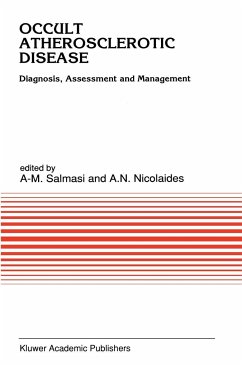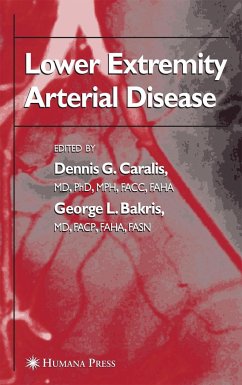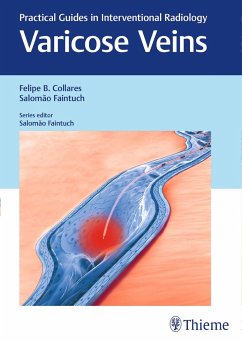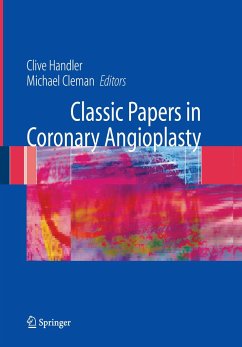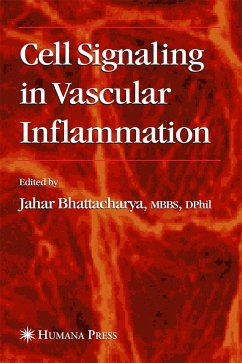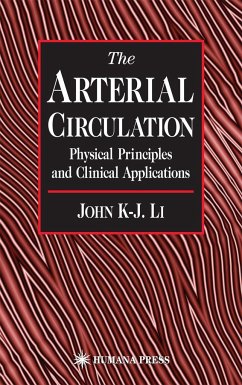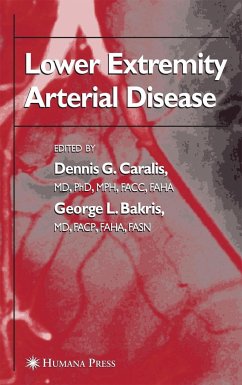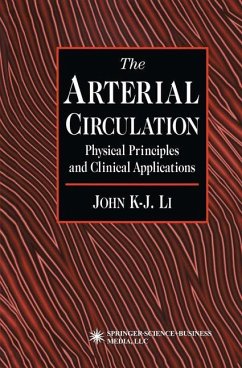
Vascular Disease
Molecular Biology and Gene Transfer Protocols
Herausgegeben: Baker, Andrew H.
Versandkostenfrei!
Versandfertig in über 4 Wochen
103,99 €
inkl. MwSt.

PAYBACK Punkte
52 °P sammeln!
Molecular biology has revolutionized research into vascular disease. Over the past 20 years molecular techniques have enabled us to both elucidate - lecular mechanisms in vascular disease and identify appropriate therapies. The vast explosion in technical knowledge and the array of protocols that become more advanced and intricate by the day lead us into new and exciting areas of research that were previously unobtainable. Vascular Disease: Molecular Biology and Gene Transfer Protocols - scribes today's most powerful molecular methods for the investigation of the pathogenesis of vascular disea...
Molecular biology has revolutionized research into vascular disease. Over the past 20 years molecular techniques have enabled us to both elucidate - lecular mechanisms in vascular disease and identify appropriate therapies. The vast explosion in technical knowledge and the array of protocols that become more advanced and intricate by the day lead us into new and exciting areas of research that were previously unobtainable. Vascular Disease: Molecular Biology and Gene Transfer Protocols - scribes today's most powerful molecular methods for the investigation of the pathogenesis of vascular disease. The protocols are highly detailed, allowing beginners who have little experience in either vascular biology or molecular biology to embark on new molecular projects. This book is also suited to more experienced molecular biologists who wish to grasp new methods for stu- ing the involvement of genes in normal vascular physiology and in diseased states. It is well established that cardiovascular disease progression has a s- stantial genetic influence. Part I describes three methods that have been used successfully to identify specific mutations in candidate genes involved in c- diovascular disorders. These mutations include both single-stranded conf- mational polymorphism analysis and heteroduplex detection methods. In addition, technology to map new genes to specific regions of chromosomes by high-resolution mapping is described.






